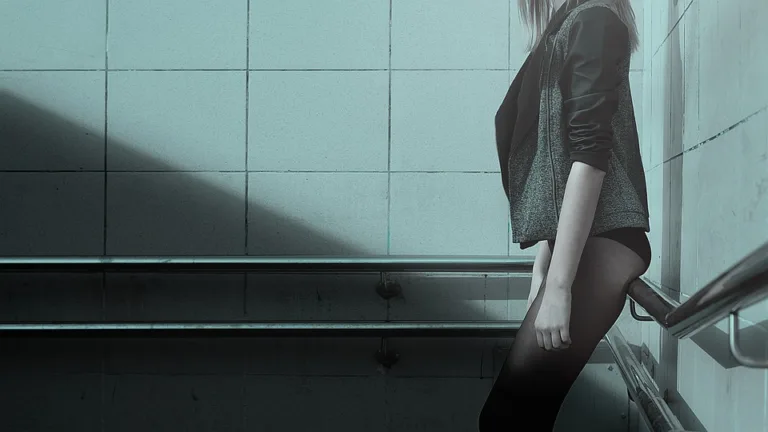
West Virginia Men’s Basketball: Battle and Farrakhan Cleared to Play in NCAA Season
Exciting news for West Virginia’s men’s basketball program as RaeQuan Battle and Noah Farrakhan have been given the green light to make their Mountaineer debut in the team’s upcoming game against Massachusetts. But that’s not all – both players are now eligible to compete for the remainder of the 2023-24 season, thanks to a major development in the Ohio v. NCAA case.
A Win for Student-Athletes
Attorneys General from seven states, including West Virginia’s Patrick Morrisey, joined forces and filed a joint motion with the NCAA to convert a temporary restraining order into a preliminary injunction. This move, pending approval from District Judge John Preston Bailey, effectively prevents the NCAA from enforcing its transfer rule until at least the culmination of the 2023-2024 athletics season.
Morrisey expressed his satisfaction with the decision, stating, “This is a big win in the fight for student-athletes like RaeQuan Battle of West Virginia University to play in the sport they love. Let the kids play.”
A Swift and Favorable Outcome
The initial temporary restraining order (TRO) granted by Judge Bailey granted immediate eligibility to two-time undergraduate transfers for a span of two weeks. The next hearing, originally scheduled for December 27, was expected to provide a more permanent ruling. However, just 52 hours later, the TRO was converted into a preliminary injunction.
The NCAA acknowledged the unprecedented turn of events and reached an agreement with the States to extend the preliminary injunction through the entirety of the 2023-24 NCAA championship season. In their statement, the NCAA emphasized that this outcome provides clarity for student-athletes and member schools, ensuring that any multiple-time transfer student-athletes who compete this season will be subject to the same eligibility and competition rules as others.
Eliminating Uncertainty
Prior to this ruling, there were concerns regarding the eligibility of players like Battle and Farrakhan beyond the next hearing date. The NCAA informed schools that athletes risked losing a year of eligibility if they played during the two-week period covered by the TRO, even if the order was subsequently reversed. This sparked controversy, with schools seeking further clarification.
Rocky Gianola, one of the attorneys representing Battle, explained the pending joint motion before the court. If approved, the temporary restraining order will transform into a permanent injunction, allowing players affected by the second transfer rule to compete throughout the 2023-2024 spring season.
RaeQuan Battle’s Inspiring Journey
RaeQuan Battle, a 6-foot-5 fifth-year guard, previously played at Washington and Montana State before transferring to West Virginia. Despite being denied a waiver for immediate eligibility and having his appeal rejected, Battle persevered and testified in court about the hardships he faced and the strong bond he formed with his former coach.
This will be Battle’s final season of eligibility, making this resolution a significant victory for him and others in a similar situation.
Noah Farrakhan’s Two Seasons of Eligibility
Noah Farrakhan, a 6-1 guard, played at East Carolina and Eastern Michigan before joining West Virginia. With two seasons of eligibility remaining, Farrakhan adds depth and talent to the Mountaineers’ roster.
The final order from District Judge John Preston Bailey is eagerly awaited, as it holds the key to ensuring a successful season for these student-athletes. The resolution reached in the Ohio v. NCAA case marks a milestone in the fight for fair treatment and opportunities for transfer athletes, emphasizing the importance of their ability to pursue their passion and excel in collegiate sports.